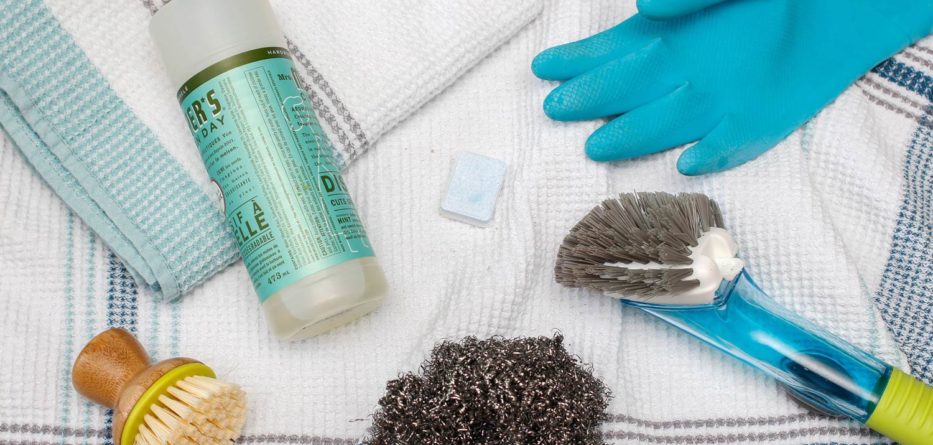Roddy Scheer & Doug Moss
EarthTalk
It’s true that many common household cleaning products contain synthetic chemicals that can make the inhabitants of your home sick. The non-profit Environmental Working Group (EWG) looked into the ingredients lists of more than 2,000 cleaning supplies commonly available on store shelves across the country and found that hundreds of them contain substances linked to serious health problems.
“A large and growing body of evidence links frequent use of many ordinary cleaning supplies at home or on the job with development of asthma and other respiratory problems,” reports EWG. Furthermore, many cleaning products contain carcinogenic elements like 1,4-dioxane and formaldehyde. Still others can cause chemical burns, allergic reactions or other irritations upon exposure to the skin.
“Despite these health concerns, cleaning product labels often do not give consumers enough information about their ingredients to allow people to make informed decisions on which ones are safer and which ones might harm their health,” adds EWG. To fill the void, EWG launched its “Guide to Healthy Cleaning” to point consumers toward products made from natural ingredients that won’t make us sick.
This free online database provides short reviews and letter grades regarding the eco-friendliness of thousands of cleaning products. Among the dozens of products scoring an “A” grade are: Meliora’s Unscented Soap Flakes (general cleaning), Nature Clean Automatic Dishwasher Pacs (dishwasher detergent), Aura Cacia Arometherapy Mist (air freshening), MamaSuds Toilet Bombs (toilet bowl cleaner), Aspen Clean Kitchen Cleaner (kitchen disinfectant), Attitude Laundry Detergent (laundry soap) and BuggyLOVE Organic No-Wash Stain Remover (carpet and upholstery cleaner).
If you are a “do-it-yourselfer” you can make your own all-natural cleaning formulations for a small fraction of the cost of what you would pay for any manufactured name brand’s version of the same thing. National Geographic suggests that a 1:1 mix of distilled white vinegar and water in a spray bottle is all you need to clean stovetops, countertops, backsplashes, porcelain and ceramic tile, and that you can dissolve mineral deposits at the base of faucets by wrapping the offending areas in a vinegar-soaked rag for a few minutes and then wiping clean. Meanwhile, freshening indoor air without compromising indoor air quality is as simple as wringing out a towel soaked in vinegar and whirling it around the room.
If bad smells are coming up from the bowels of your sink, pour a 1:1 mix of baking soda and vinegar (about a quarter-cup of each) into the drain and then once the ensuing bubbles dissipate, flush with hot water. You can even avoid the nasty smell and chemical exposure inherent in using oven cleaning formulations by doing it yourself with an 8-hour, on-the-hour application of hot water and baking soda on oven splatter spots. It literally costs pennies to clean your house without any chemical exposure. With so many good all-natural, inexpensive options to choose from nowadays, why would anyone in their right mind pay the big bucks for name-brand, toxin-laden cleaners anymore?
CONTACTS: EWG, ewg.org/guides/cleaners; Meliora’s, meliorameansbetter.com; MamaSuds, mamasuds.com; Aura Cacia, auracacia.com; Nature Clean, natureclean.ca; Aspen Clean, aspenclean.com; BuggyLOVE, buggylove.com; Attitude, attitudeliving.com.
EarthTalk® is produced by Roddy Scheer & Doug Moss for the 501(c)3 nonprofit EarthTalk. To donate, visit https://earthtalk.org. Send questions to: question@earthtalk.org.






